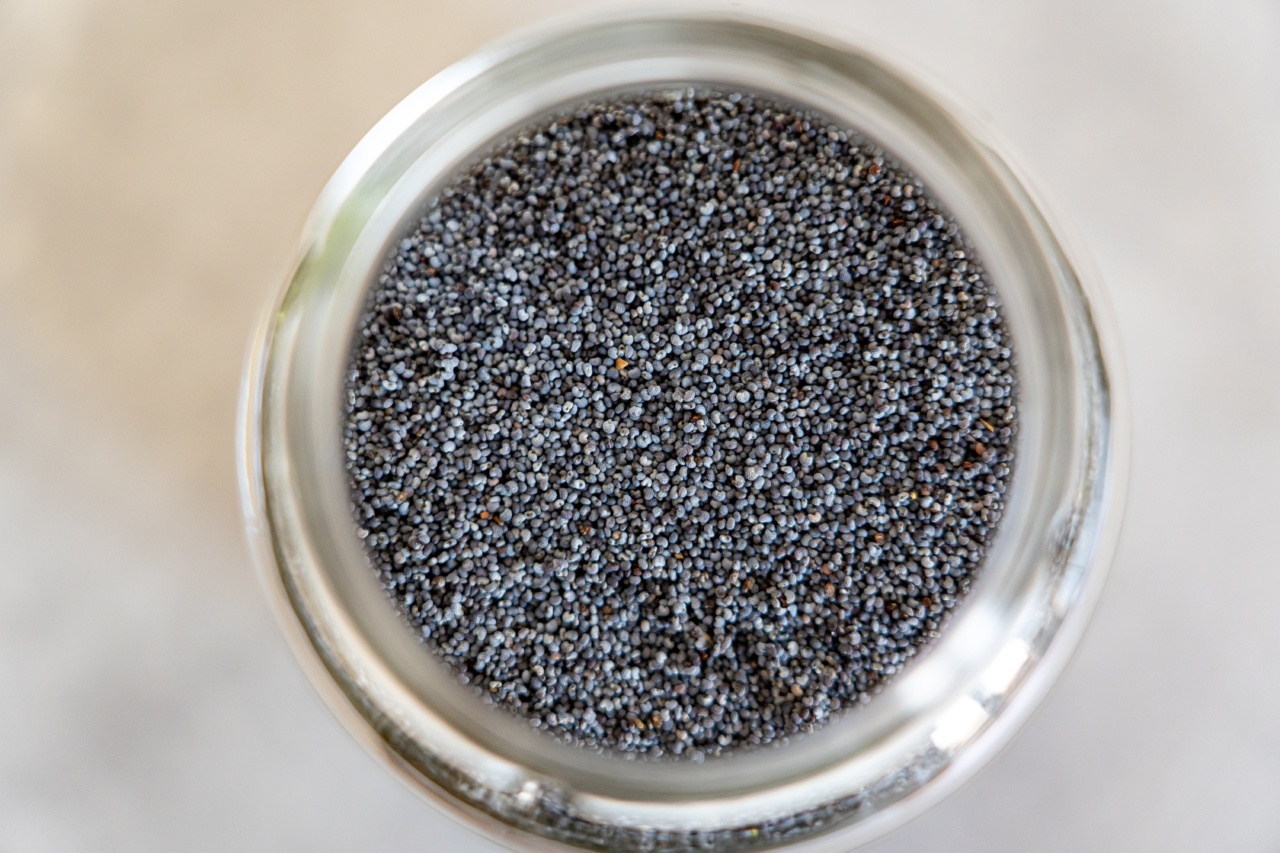Eating a well-balanced and nutritious diet is essential for good health. However, even with the best intentions, it can be easy to miss out on some of the essential nutrients that your body needs to function properly.
In this article, we will explore some warning signs that your diet may be lacking in essential nutrients.
1. Constant Fatigue
One of the most common signs that your diet may be lacking essential nutrients is fatigue.
If you feel tired all the time, even after a good night’s sleep or a restful weekend, it may be a sign that your body is not getting the nutrients it needs to function optimally. Iron deficiency is a common cause of fatigue, particularly in women who have heavy menstrual cycles. Other deficiencies that can cause fatigue include vitamin B12, magnesium, and zinc.
2. Weak or Brittle Nails
If your nails are weak or brittle, it may be a sign that your body is lacking in certain nutrients. Healthy nails are a good indicator of overall health, so it’s important to pay attention to them.
Brittle nails can be a sign of iron deficiency, while weak nails can be a sign that your body is not getting enough protein or biotin.
3. Poor Dental Health
Healthy teeth and gums require a variety of nutrients, including calcium, vitamin D, and vitamin C.
If you are experiencing dental problems such as weak enamel, bleeding gums, or frequent cavities, it may be an indication that your diet is lacking these essential nutrients. Eating a well-balanced diet that includes plenty of fruits, vegetables, and lean proteins can help support dental health.
4. Poor Immune Function
Without adequate nutrients, your immune system may not function as effectively as it should.
If you find that you are frequently getting sick, or that it takes you longer to recover from illnesses, it may be a sign that your diet is lacking in essential nutrients. Vitamin C, vitamin D, and zinc are all important for immune health, so make sure to include plenty of foods rich in these nutrients in your diet.
5. Slow Recovery from Exercise
If you exercise regularly but find that your recovery time is slower than it should be, it may be a sign that your body is not getting the nutrients it needs to repair itself.
Protein is essential for muscle recovery, so make sure to include plenty of lean protein sources such as chicken, fish, and tofu in your diet. Magnesium is also important for muscle recovery, so consider adding more leafy greens, nuts, seeds, and whole grains to your meals.
6. Skin Problems
Healthy skin requires a variety of nutrients, including vitamin E, vitamin C, and omega-3 fatty acids. If you are experiencing skin problems such as dryness, acne, or eczema, it may be a sign that your diet is lacking in these essential nutrients.
Eating a well-balanced diet that includes plenty of fruits, vegetables, and healthy fats can help support skin health.
7. Mood Swings
The food you eat can have a significant impact on your mood and mental health.
If you find that you are experiencing mood swings or irritability, it may be a sign that your diet is lacking in essential nutrients such as B vitamins, magnesium, or omega-3 fatty acids. Eating a well-balanced diet that includes plenty of whole grains, leafy greens, nuts, seeds, and fatty fish can help support mental health and emotional wellbeing.
8. irregular digestion
If you are experiencing digestive problems such as constipation, diarrhea, or bloating, it may be a sign that your diet is lacking in certain nutrients such as fiber, magnesium, or probiotics.
Eating a well-balanced diet that includes plenty of fruits, vegetables, whole grains, and fermented foods can help support digestive health.
9. Hair Loss
If you are experiencing hair loss, it may be a sign that your diet is lacking in certain nutrients. Iron deficiency is a common cause of hair loss, particularly in women, while biotin deficiency can also contribute to hair thinning and loss.
Eating a well-balanced diet that includes plenty of protein, dark leafy greens, nuts, and seeds can help support healthy hair growth.
10. Slow Wound Healing
If you find that your wounds are taking longer than usual to heal, it may be a sign that your body is not getting the nutrients it needs to repair itself.
Vitamin C and zinc are both essential for wound healing, so make sure to include plenty of foods rich in these nutrients in your diet. Fruits, vegetables, and lean proteins are all good sources.






























